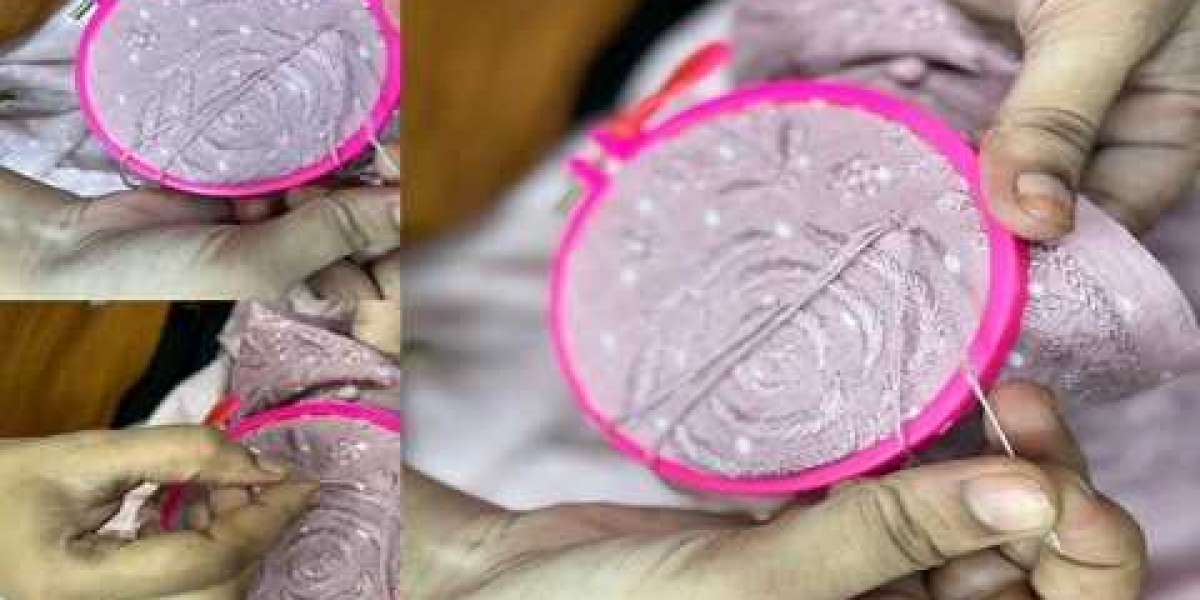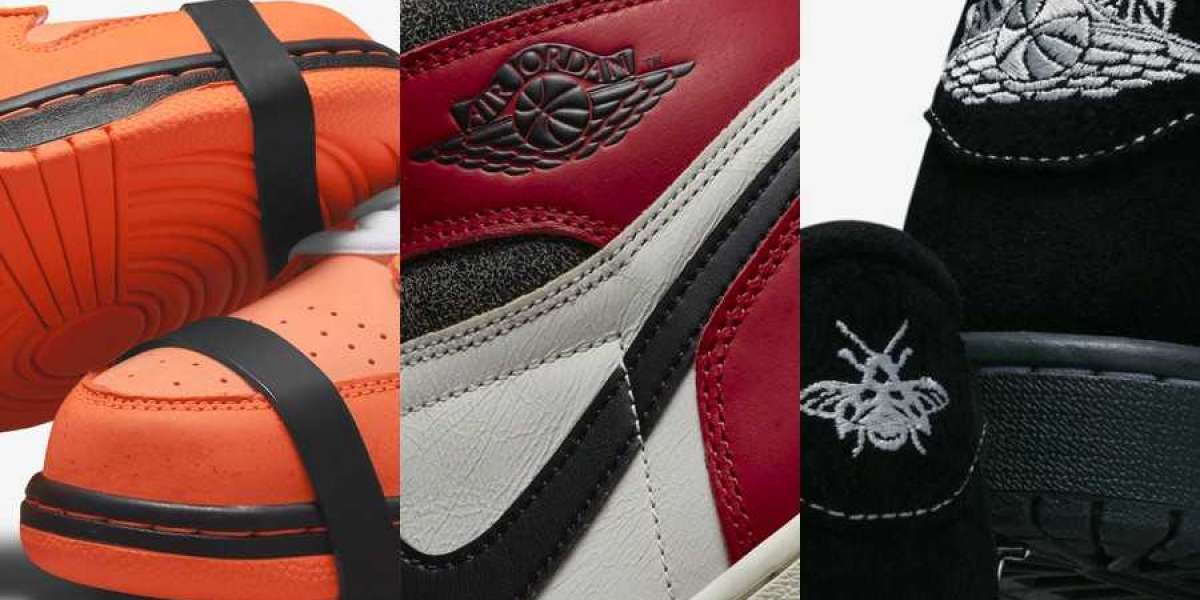Chikankari is a traditional embroidery style that originated in Lucknow, India. It is a delicate and intricate form of needlework that involves creating patterns on fabric using white thread. The word "chikan" means embroidery in Hindi, and "kari" means work. Chikankari is a popular form of embroidery that has been passed down through generations and is still widely practiced today.
Chikankari has a rich history that dates back to the Mughal era in India. It is said that the Mughal emperors were fond of fine clothing and were patrons of the arts. They encouraged the development of various crafts, including embroidery. Chikankari was one such craft that flourished during this time. The Mughals brought skilled craftsmen from Persia to India, who taught the locals the art of chikankari.
The process of creating chikankari involves several stages. The first stage is the design stage, where the pattern is drawn on paper. The design is then transferred onto the fabric using a pencil or charcoal. The fabric is then stretched on a wooden frame, and the embroidery begins.
The second stage is the stitching stage, where the embroidery is done using a needle and thread. The stitches used in chikankari are very fine and delicate, and require a lot of skill and patience. The most common stitches used in chikankari are the satin stitch, stem stitch, and backstitch.
The third stage is the washing stage, where the fabric is washed to remove any pencil or charcoal marks. The fabric is then dried and ironed.
Chikankari is typically done on lightweight fabrics such as cotton, muslin, or silk. It is commonly used to create sarees, salwar kameez, dupattas, and other traditional Indian clothing. Chikankari is also used to create home decor items such as tablecloths, cushion covers, and curtains.
In conclusion, chikankari is a beautiful and intricate form of embroidery that has a rich history in India. It involves several stages, including the design stage, stitching stage, and washing stage. Chikankari is still widely practiced today and is a popular form of embroidery in India and around the world.













